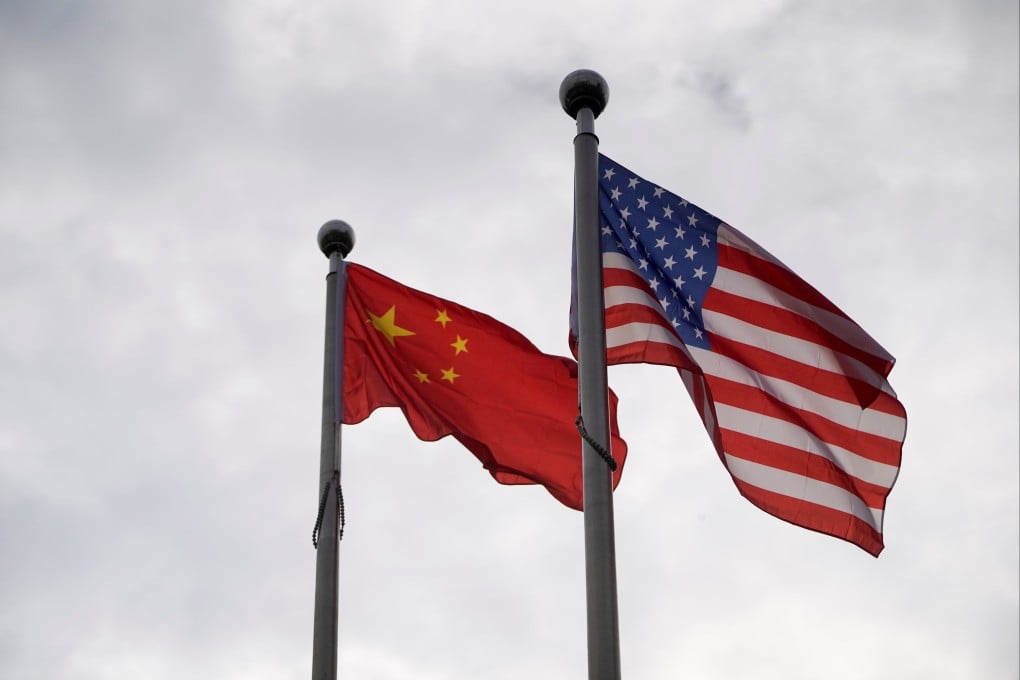Advertisement
US’ China strategy has no bottom line, Beijing’s former Washington envoy says
- United States will ‘spare no effort, even without a bottom line, to suppress, contain, divide and besiege China’, Cui Tiankai tells seminar
- The former ambassador warns against ‘carelessness, slackness and incompetence’ in China’s response
Reading Time:2 minutes
Why you can trust SCMP
99+

Beijing must prepare well for a roller-coaster ride in relations with the US because Washington’s containment strategy towards China has no bottom line, the former Chinese envoy to Washington said.
Speaking at a conference in Beijing, Cui Tiankai, the country’s longest-serving ambassador to the United States, warned against any “carelessness, slackness and incompetence” in China’s dealing with the US.
“Every bit of the people’s interest is hard-earned and we must not allow anyone to plunder it or make it suffer through our own carelessness, slackness and incompetence,” Cui told Chinese diplomats and academics at an annual seminar hosted by the China Institute of International Studies at the Diaoyutai State Guesthouse in Beijing on Monday.
Advertisement
Footage of the event was posted by Yuyuan Tantian, a social media account affiliated with state broadcaster CCTV.
Tensions between the two powers continue to grow despite last month’s first virtual summit between Chinese President Xi Jinping and US counterpart Joe Biden, during which they agreed to try to avoid conflict.
Advertisement
Days after the leaders’ dialogue, the White House announced that it would not send any diplomatic or official representatives to the Beijing 2022 Winter Olympics. Australia, Britain and Canada have since also decided on diplomatic boycotts of the Games, for which the Chinese government has vowed to retaliate.
Advertisement
Select Voice
Choose your listening speed
Get through articles 2x faster
1.25x
250 WPM
Slow
Average
Fast
1.25x
